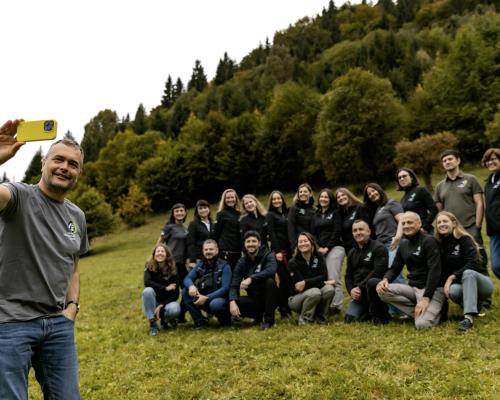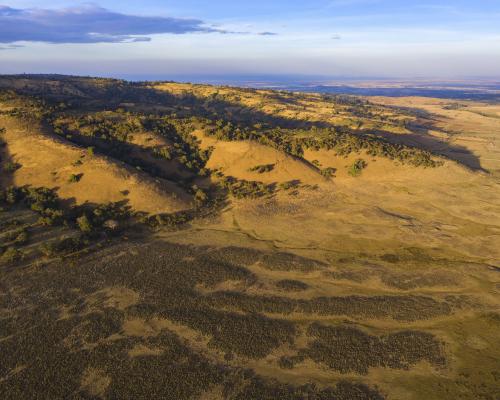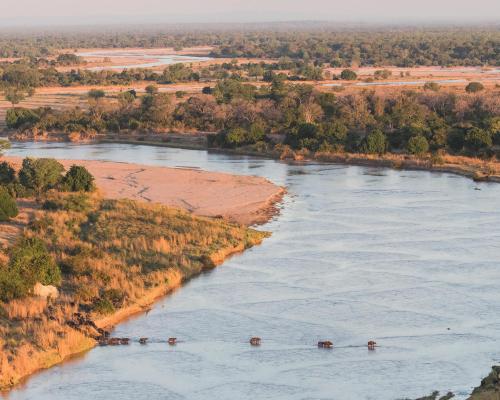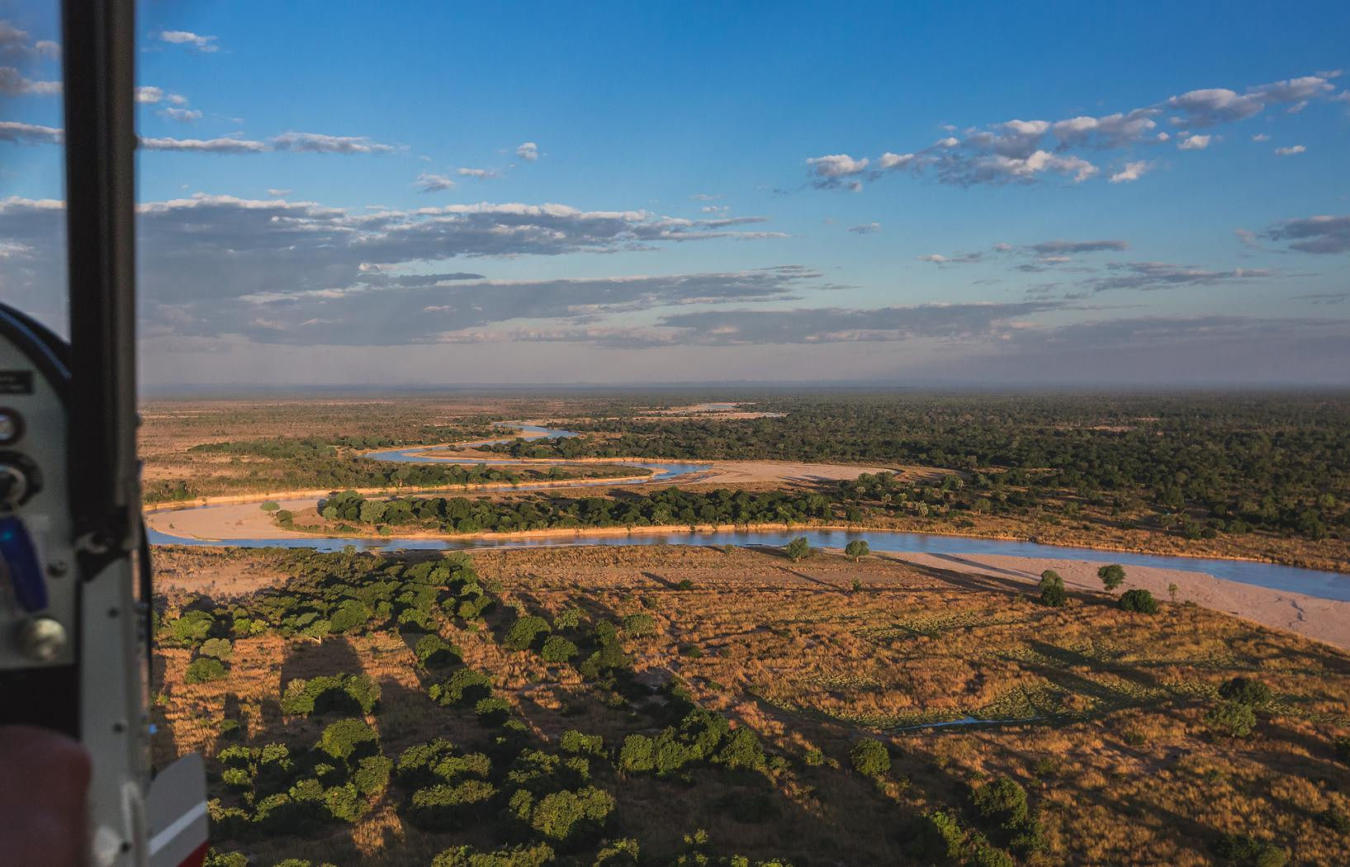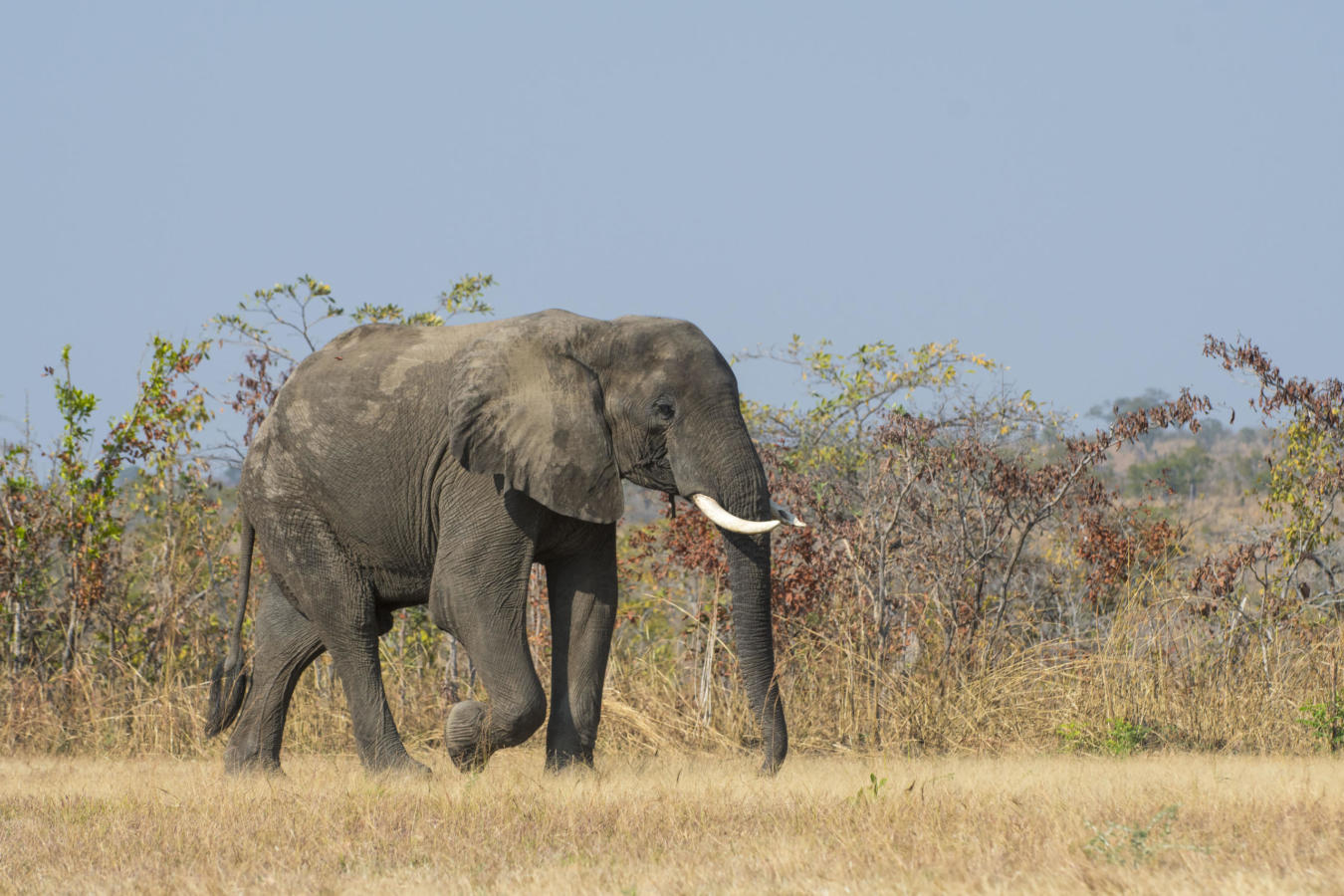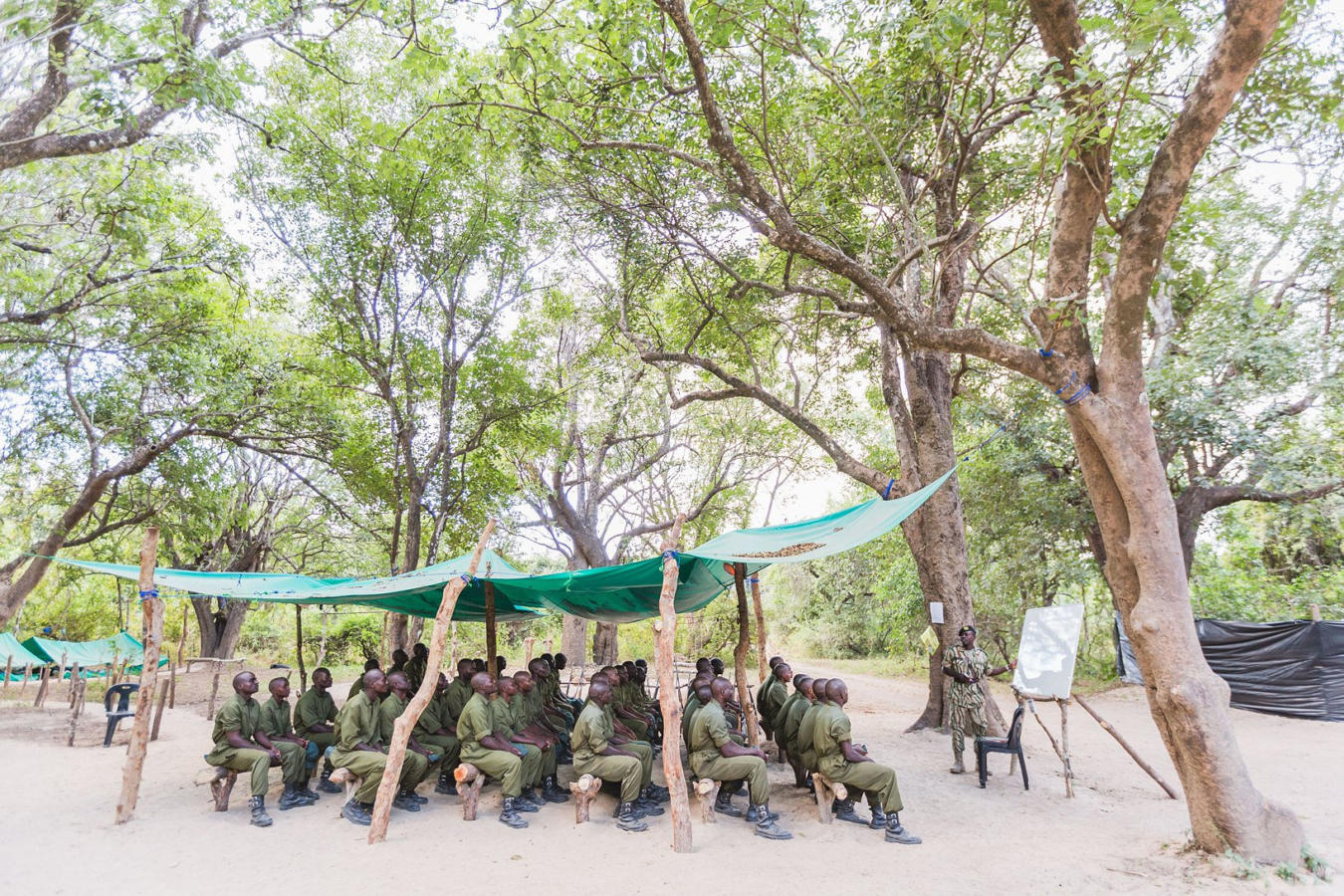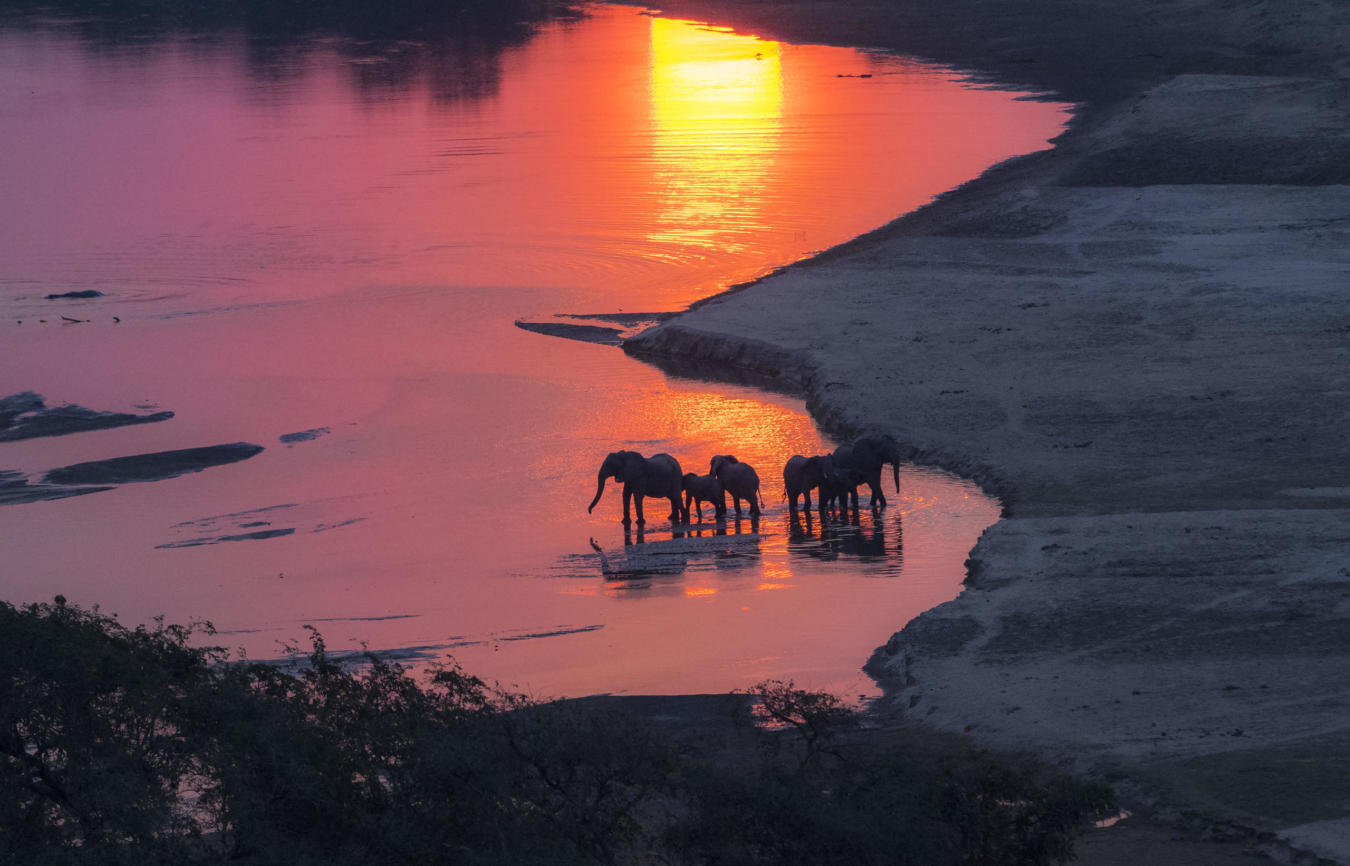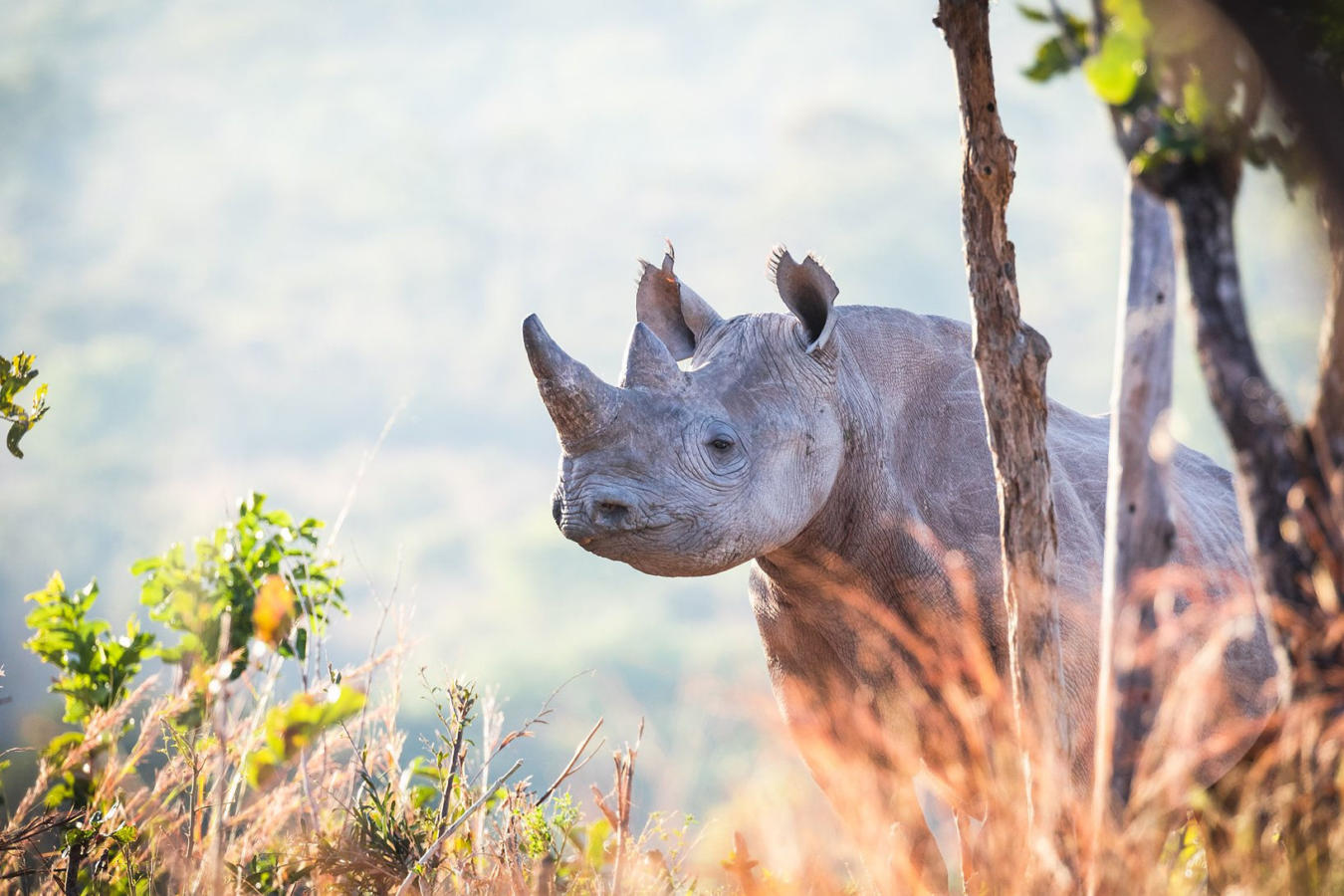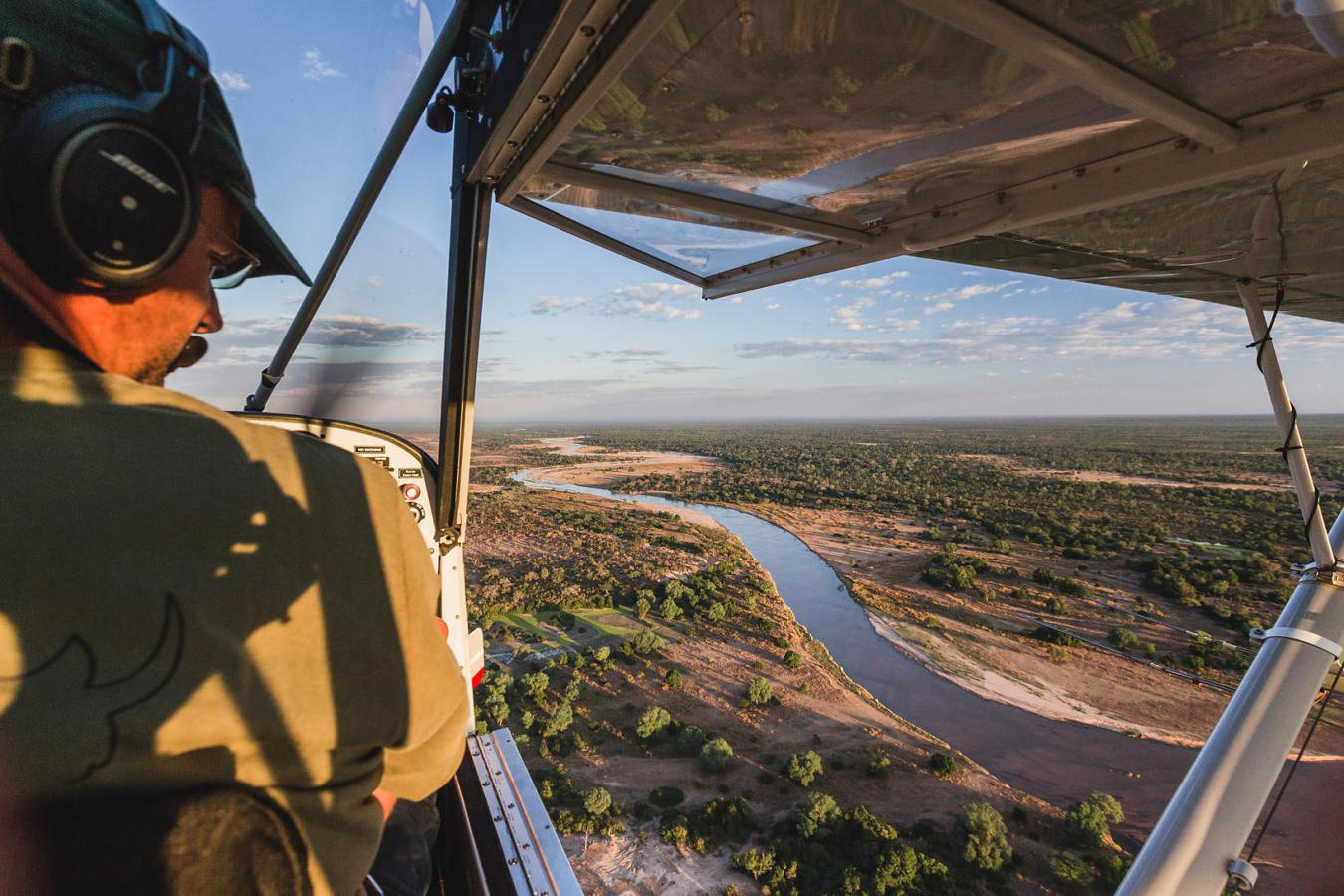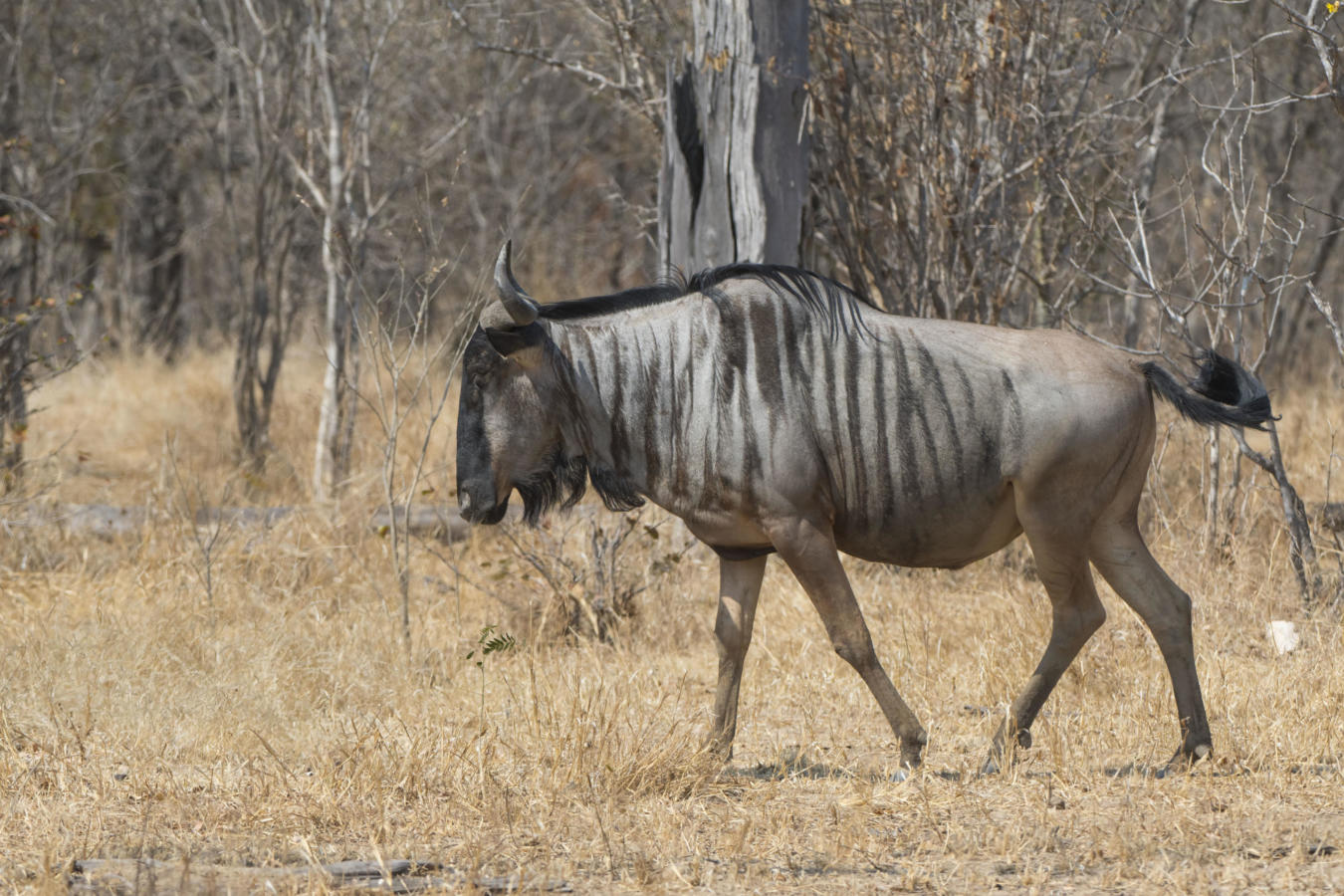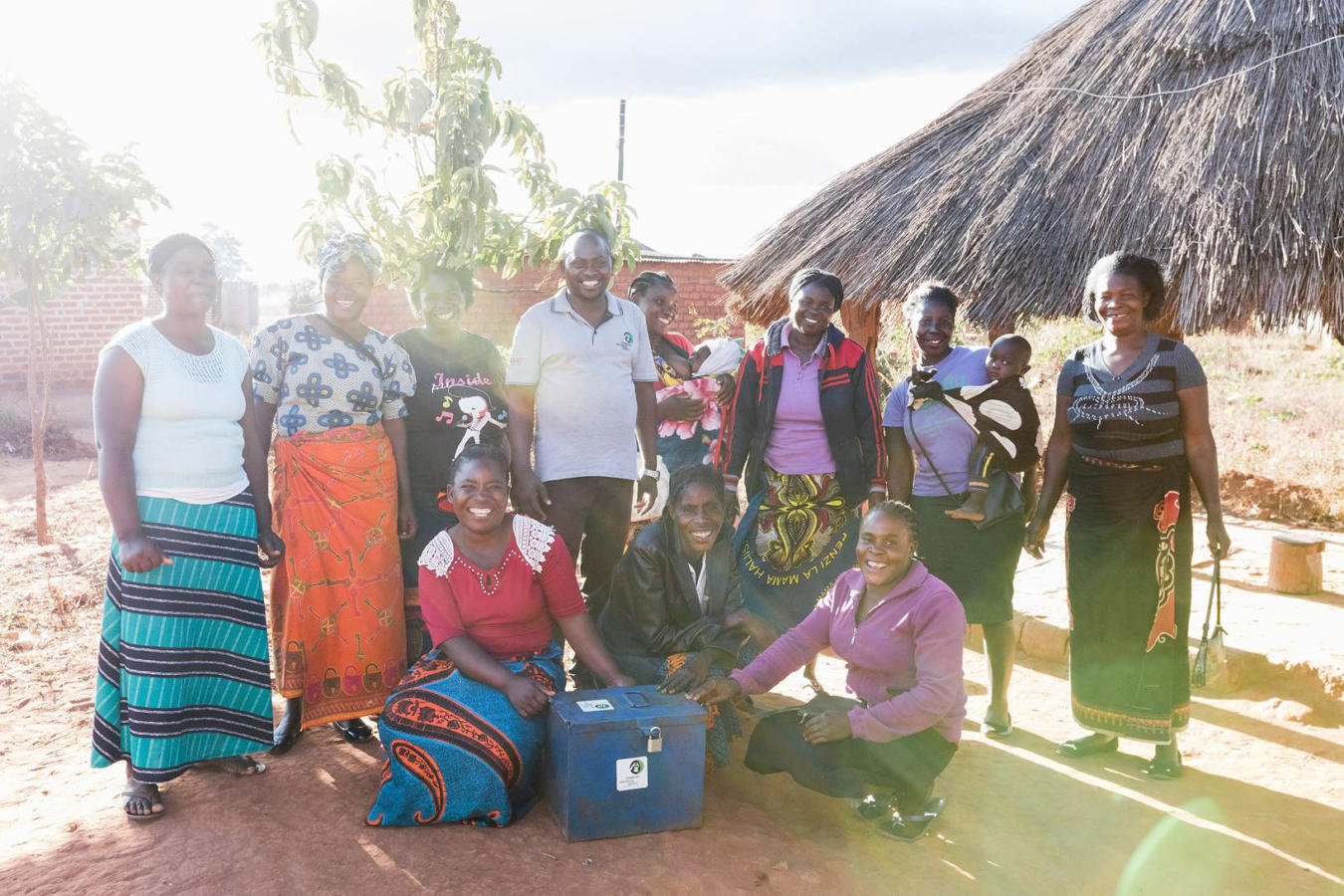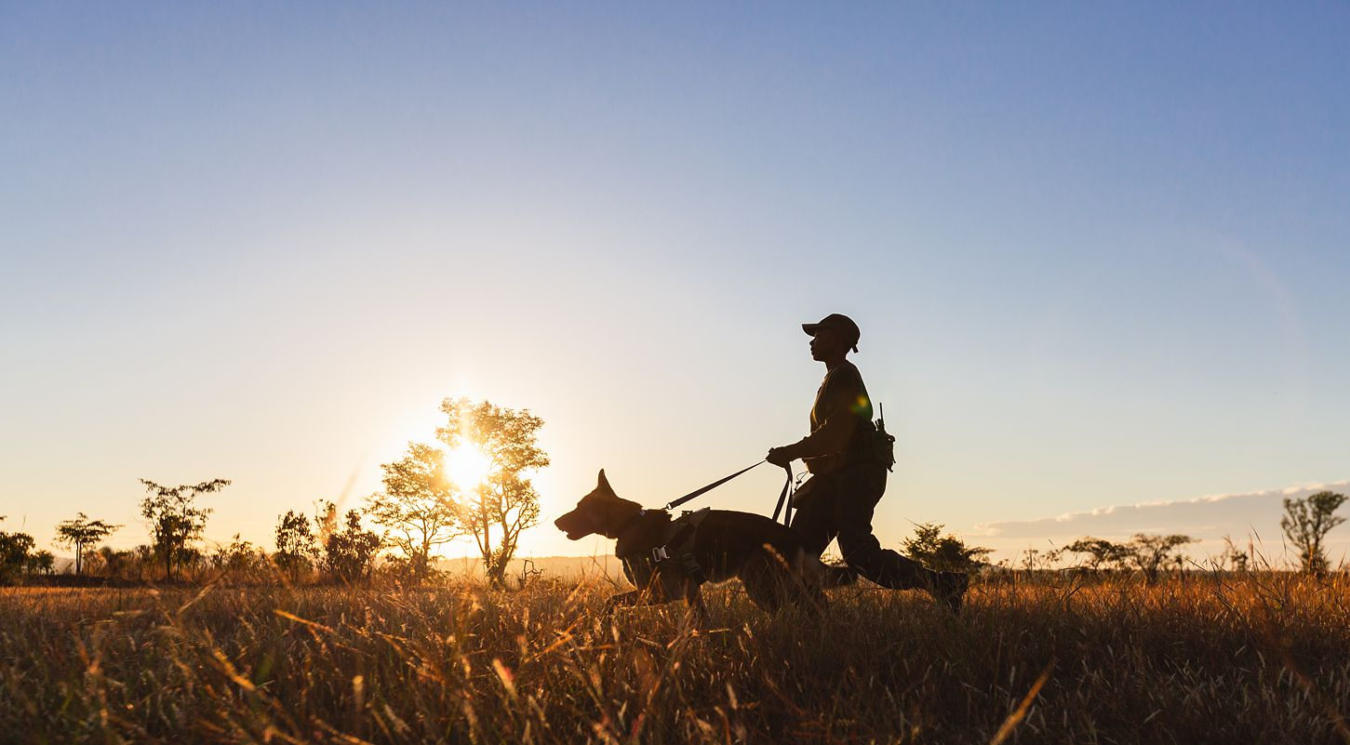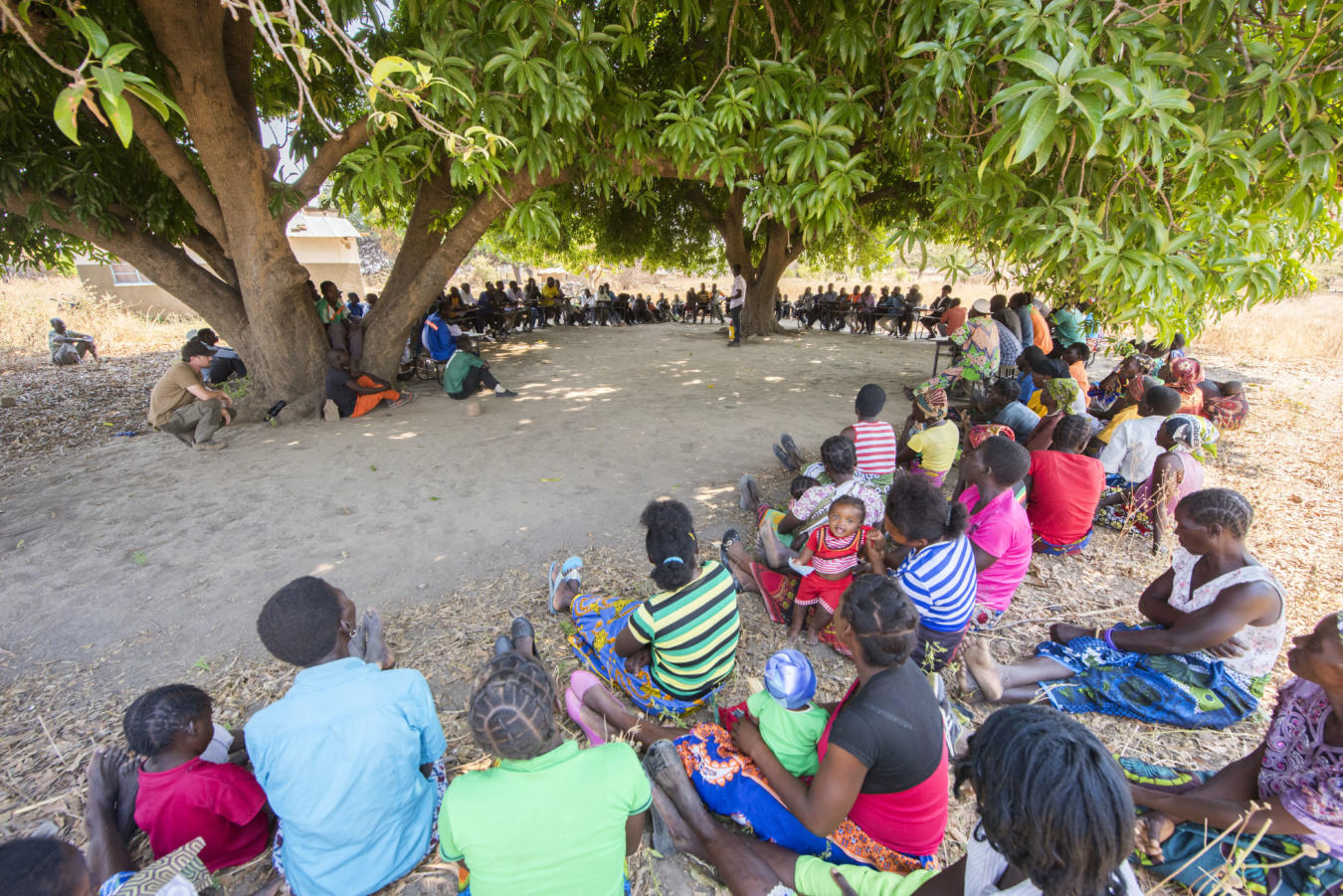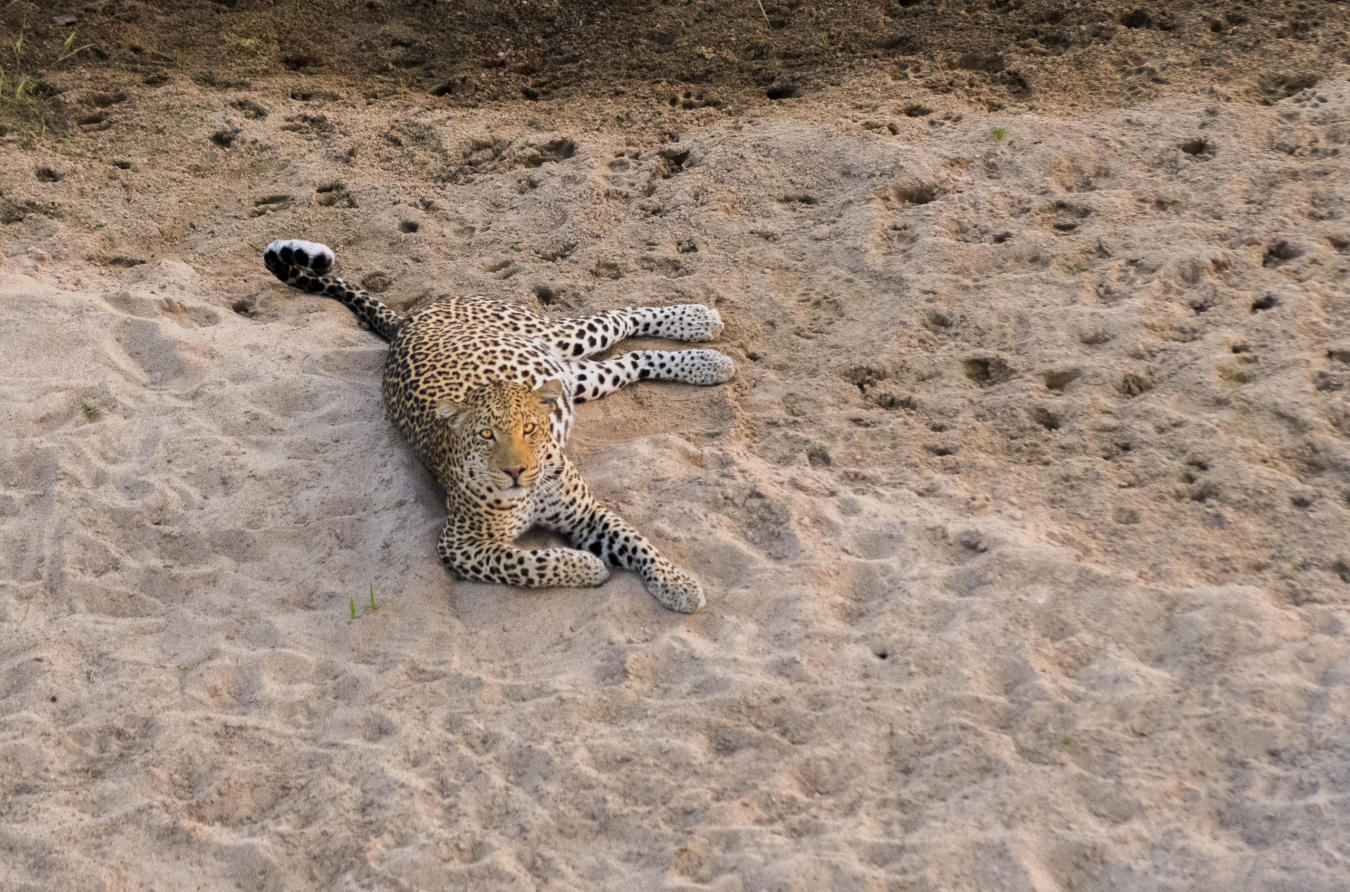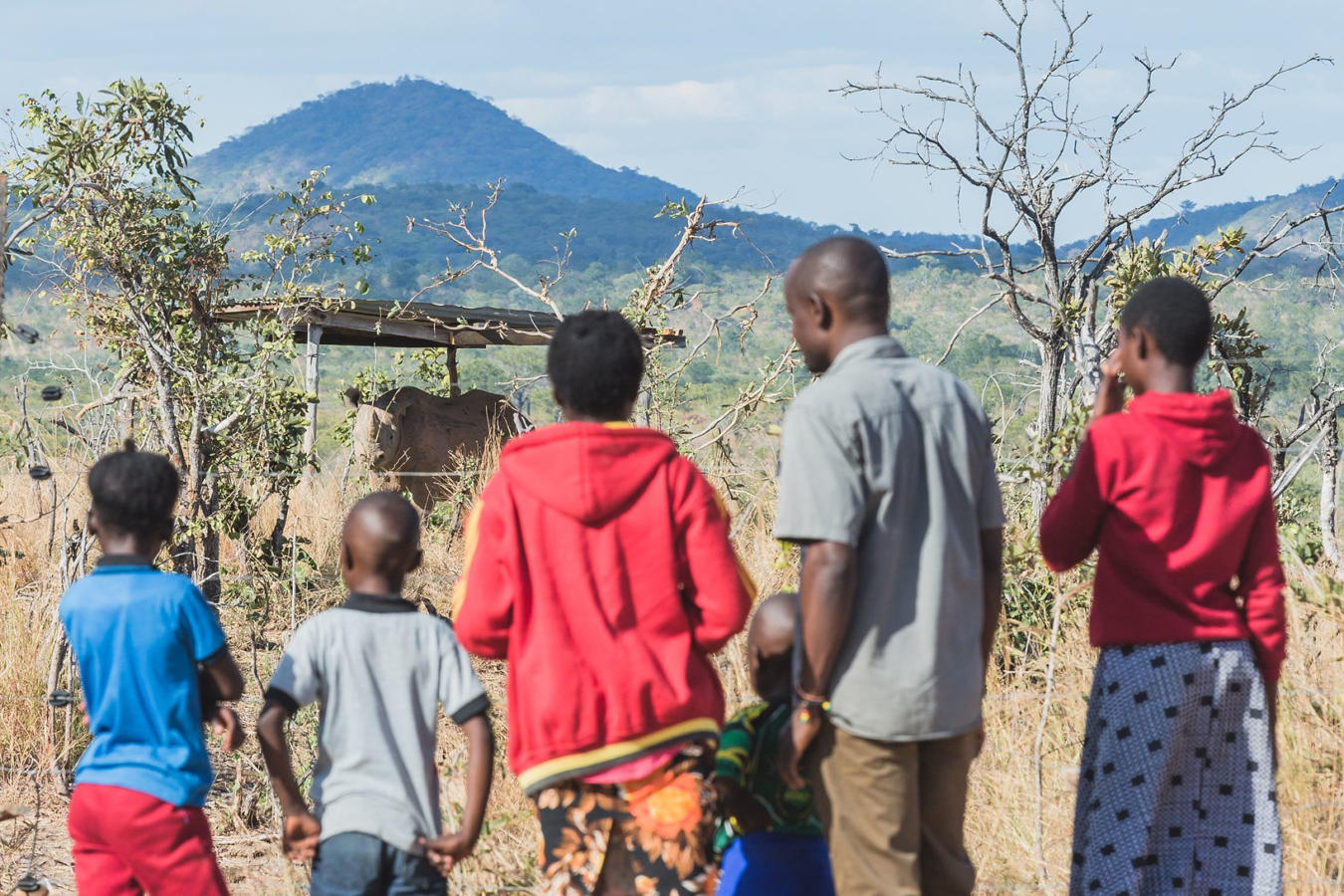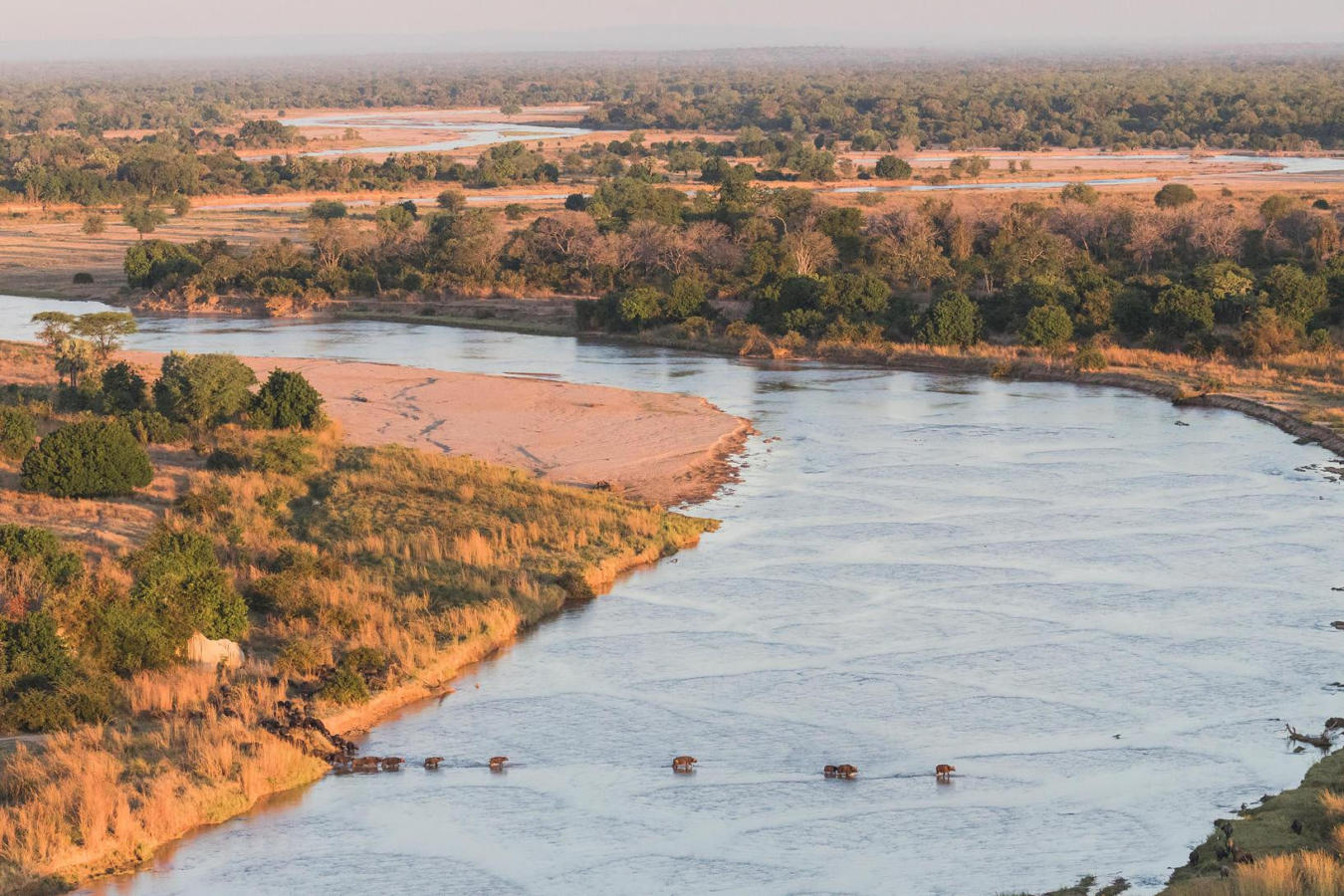North Luangwa Conservation Program picks up all Game Management Areas Community Scout salaries during the COVID-19 pandemic when there was virtually zero income from tourism.
The North Luangwa National Park (NLNP) covers 4,636km², forming the core of the 22,000 km² North Luangwa ecosystem, an undisturbed intact landscape home to significant wildlife numbers and four Game Management Areas that surround the Park (Musalanga, Munyamadzi, Mukungule, Limimba). NLNP is home to Zambia’s only black rhino population, which continues to show one of the highest growth rates in Africa. It is also a predator stronghold, and home to Zambia’s largest, most stable and only increasing elephant population.
Aside from its biodiversity value, the area has immense hydrological importance and is globally critical in the fight against climate change. It is a vital national water resource-protected area and is the source of four of the six perennial tributaries of the Luangwa River, one of the largest unaltered rivers in Africa.
- Project: North Luangwa Conservation Program
- National Park size: 4,636 km²
- Conservation Director: Ed Sayer
- Programme Manager: Nick De Goede
- Project Manager: Drew Pollard
- Support since: 1986
- North Luangwa National Park
- Conservation Activities
- Partners
- Milestones
- back to top
The recently North Luangwa Management Company (NLMC) is a collaborative entity established to manage North Luangwa National Park (NLNP) in Zambia under a long-term partnership between the Zambian government, DNPW, and the Frankfurt Zoological Society (FZS). Its creation formalized over three decades of conservation engagement in the region, transitioning from project-based support to a structured, long-term management model. NLMC is responsible for the day-to-day operations, strategic planning, and conservation management of North Luangwa National Park, one of Zambia’s most ecologically significant protected areas.
The North Luangwa Conservation Program (NLCP) engages communities in five front-line chiefdoms (Nabwalya, Mukungule, Lundu, Chikwa, Chifunda) around the Park, with further extension to chiefdoms in the northern MAZA TFCA. As a cornerstone strategy, NLCP works to strengthen Community Led Natural Resource Management by empowering Community Resource Boards, Village Action Groups and other Community Based Organisations within the Game Management Areas.
Working with the Department of Forestry, the NLCP has developed two community forests, with six more underway in neighbouring Game Management Areas. These areas are set aside to prevent uncontrolled forest loss by encouraging community-driven sustainable forest management through strengthening the stewardship of forests, woodland use, and management, and at the same time balancing community responsibilities with legal rights.
Local fisheries provide an important source of protein for communities but historically the fisheries were not sustainably governed. The NLCP conducted a fishery catch assessment survey on socio-economic data to understand the contribution of fish to livelihoods. This has since led to the formation and training of seven village-level fisheries management committees who educate communities on legal fishing methods and conduct permit patrols along the Luangwa River.
Land-use planning in the Game Management Areas, where people and wildlife live side by side, is a key activity to reduce land conversion rates and human-wildlife conflict. The NLCP works with communities to develop land-use plans using zone maps , aligned with the GMA General Management Plans.
With successful conservation come other issues for communities living around the Park. Elephants and other wildlife species such as buffalo sometimes raid nearby farms, seeing crops as an easy food source. The resulting conflict can be devastating to low-income families, often leading to retaliation. Our HWCoex helps local communities deal with these issues while promoting alternative sources of income to help produce benefits for those living near protected wildlife areas.
The Community Conservation Banks (CoCoBa) is a village banking system that supports village-level micro-finance systems to kick-start conservation-compatible small-scale business enterprises from within the communities surrounding North Luangwa. The NLCP helped establish 116 CoCoBas with high demand for support to set up more CoCoBas in other communities.
As a means to diversify livelihoods in a conservation-compatible manner, the NLCP is supporting various nature-based enterprise value chains through collaborative partnerships, including beekeeping, conservation agriculture, fisheries, community tourism, community development hubs, and through providing vocational training to link enterprise value chains to the Park services.
The purpose of NLCP’s gender mainstreaming is to ensure that all projects and interventions are gender-responsive, equitable, and sustainable and that women and girls take a full share in them and that men support women and girls. This includes ensuring that NLCP interventions are designed and implemented in a way that considers the different needs and priorities of women and men, increasing the participation and leadership of women in community-based organisations (CBO), reducing gender-based inequalities and promote gender equity in natural resource management throughout project lifecycle and collaborating with partners to mainstream gender interventions and monitoring into multi-partner projects. Recognizing that women are poorly represented on both Village Action Group and Community Resource Board (CRB) committees, the empowerment of women for a more active role in natural resource management through leadership training is a big focus for the project.
“Lolesha Luangwa” is NLCP’s conservation education programme which targets schools and communities in the areas surrounding the Park and focuses on winning the hearts and minds of local people, teaching them about flagship species such as the black rhino, and engaging them in positive environmental action to ensure long-term species security.
The NLCP facilitates multiple annual training courses to support ranger effectiveness, including recruit, in-service, paramedic, tracking, canine, advanced tactical and leadership training.
The NLCP maintains a vast road network and continues to develop it to enable penetration throughout North Luangwa National Park for monitoring and security. Other infrastructural works include Department of National Parks and Wildlife/Community Resource Boards houses, base camps, overnight pickets, boreholes, and the development of offices and canine kennels. The NLCP Workshop and Maintenance Department is crucial to all protected area management activities and covers vehicles, plant machinery, generators, solar power systems, internet and radio communications across the ecosystem.
The NLCP has established the Rhino and Elephant Protection Unit (REPU), a rapid response team that targets poaching hot-spot areas of the ecosystem. REPU works closely with the Department of National Parks Intelligence and Investigations Units to combat the rise of well-organized wildlife crime in the region.
As part of the Rhino and Elephant Protection Unit, the wildlife crime detection dog unit operates alongside the Intelligence and Investigations Units, acting as a major deterrent and greatly improving efficiency. The dogs are currently trained to find 14 different targets ranging from elephant ivory and rhino horn to endangered timber and firearms.
The NLCP aims to create robust community tourism partnerships through the development of operator/community partnership models to bring mutually beneficial economic diversification, promote conservation, develop skills and job opportunities, and bring tourism to the North Luangwa Ecosystem. Samala Camp, Ituba Camp and Mandalena Camp are partnerships between NLCP and Game Management Area’s Community Resource Boards to develop basic self-catering camps and campsites. NLCP has also developed the Amatololo Experience, a self-drive safari driving trail with campsites in North Luangwa National Park in order to expand access to visitors and increase presence within the north of the Park while private partnerships at select exclusive sites are also being developed to further boost tourism revenue and exposure of the park internationally.
The General Management Plan (GMP) was drafted in 2018 for North Luangwa National Park and adjoining Game Management Areas (GMA) and was signed off in the first quarter of 2021. The Park GMP is focused on maintaining the wilderness and opening up the northern sector for self-drive tourism and developing the park infrastructure for improved protected area management. The GMA GMPs focus on village-level land-use planning and the promotion of diversified revenue sources and land set aside for socio-economic development that is in line with ecosystem-wide sustainable management of natural resources.
The NLCP advocates for devolved user rights and direct benefits from natural resources for the communities that live in and look after the rich Luangwa ecosystem. Improved revenue sharing with recognized and respected management decision-making powers are the only way towards true ownership and long-term sustainability.
FZS Zambia continues to play a leading role in efforts to change and update the national policy for Nature based policy development, including supporting the Community Resource Board Association and CBNRM Forum to actively participate in policy development relevant to the management and revenue sharing within Game Management Areas.
Recognizing that women are poorly represented on both Village Action Group and Community Resource Board (CRB) committees, the empowerment of women for a more active role in natural resource management through leadership training is a big focus for the project. Encouraging results from the training have already been seen – with overall women’s representation increasing at Village Action Group level from 21% in 2017 to 50% in 2020. At the CRB level, in 2017, two out of the 40 chiefdom positions were occupied by women – this rose to nine out of 40 in 2020, with a woman becoming the CRB chair in the Chikwa chiefdom.
The NLCP identifies and supports capacity, leadership, and management development for the next generation of leaders across all departments, through specific training courses, mentorship, and exposure as well as tertiary training and scholarships.
Primary focus is placed on upholding integrity, management, and monitoring of protected areas in order to safeguard species and ecosystems, by conducting detailed and regular transects; ecological surveys; and using tracking devices and camera traps. The analysis of this data is used to shape future management decisions surrounding the health of the ecosystem and for the communities that rely on the resources.
The NLCP Rhino Monitoring Unit (RMU) tracks spoor and monitors individual rhinos for an adaptive security and management strategy. Additionally, elephants are monitored in areas where poaching pressure is at its highest.
Regular patrol and surveillance flights provide essential aerial monitoring support for rhino and ecosystem monitoring to ground-based teams.
The park is home to Zambia’s only black rhino population, reintroduced to the Park by the project in partnership with the Department of National Parks and Wildlife in four phases from 2003 to 2010, following their national extinction in Zambia in 1998. They are a flagship providing vital protection for the wider ecosystem.
Successful conservation is always the result of great teamwork. We collaborate with local communities, national authorities and conservation organizations. Our partners make our conservation work possible.
-
 Conservation Lower Zambezi
Conservation Lower Zambezi -
 Conservation South Luangwa
Conservation South Luangwa -
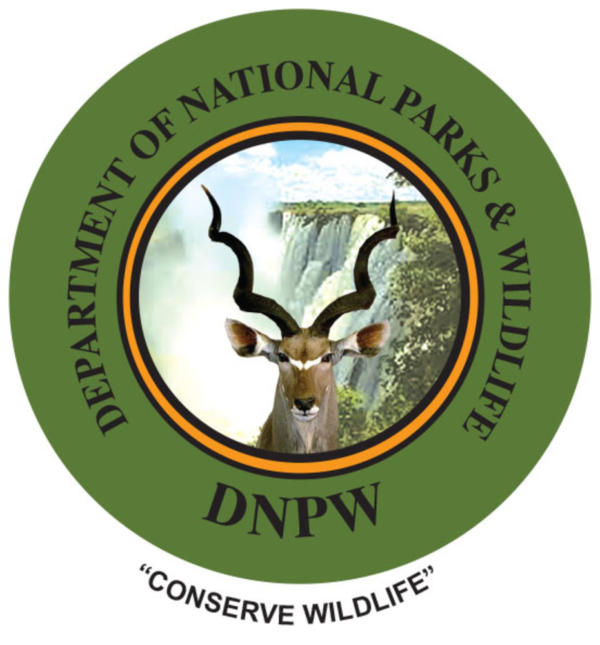 The Zambian Department of National Parks and Wildlife
The Zambian Department of National Parks and Wildlife -
 Deutsche Gesellschaft für Internationale Zusammenarbeit GIZ
Deutsche Gesellschaft für Internationale Zusammenarbeit GIZ -
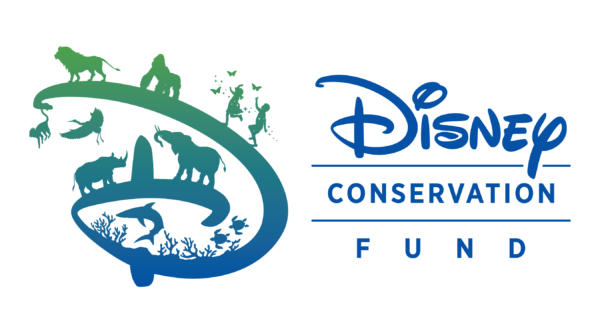 Disney Conservation Fund (USA)
Disney Conservation Fund (USA) -
 For Rangers
For Rangers -
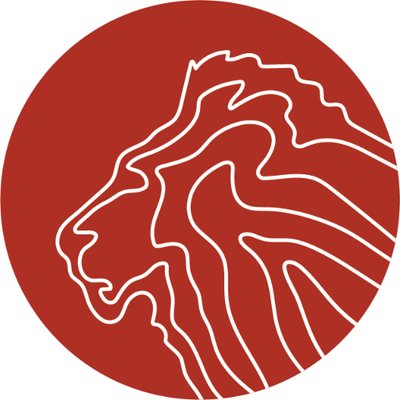 Lion Recovery Fund
Lion Recovery Fund -
 Mpika, Shiwa, Chama, Chipata, Chinsali and Isoka District Governments
Mpika, Shiwa, Chama, Chipata, Chinsali and Isoka District Governments -
OAK Foundation
-
 Vulcan Inc.
Vulcan Inc. -
 Peter Lawrence
Peter Lawrence -
 Remote Africa Safaris
Remote Africa Safaris -
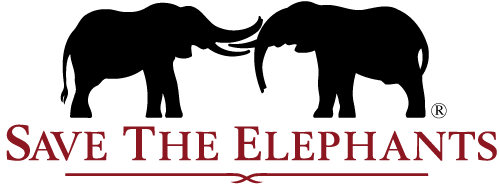 Save the Elephants
Save the Elephants -
 Save the Rhino
Save the Rhino -
 Sheldon and Audrey Katz Foundation
Sheldon and Audrey Katz Foundation -
 TetraTech
TetraTech -
 The Nature Conservancy
The Nature Conservancy -
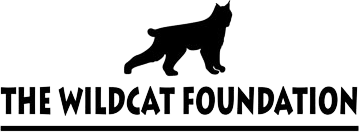 The Wildcat Foundation
The Wildcat Foundation -
 U.S. Agency for International Development
U.S. Agency for International Development -
 U.S. Department of State
U.S. Department of State -
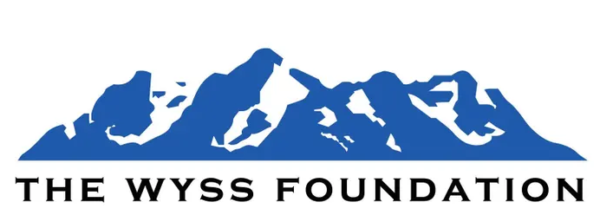 The Wyss Foundation
The Wyss Foundation -
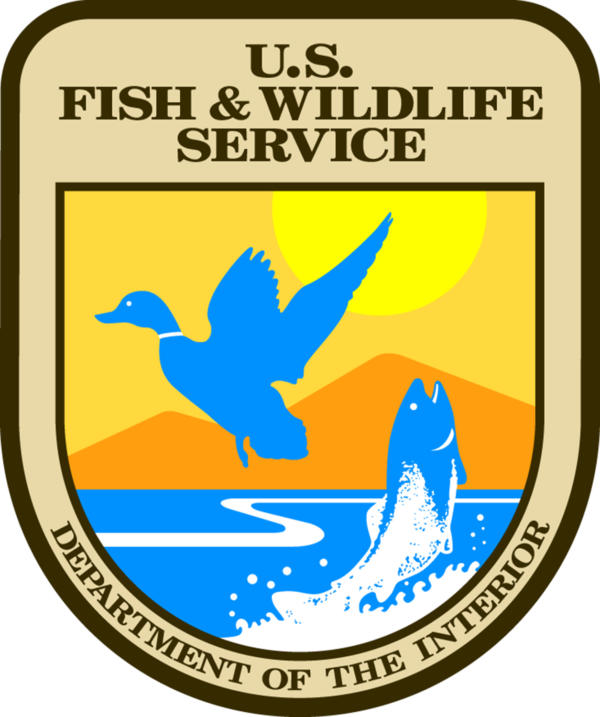 U.S. Fish & Wildlife Service
U.S. Fish & Wildlife Service -
 Wildlife Conservation Network
Wildlife Conservation Network -
 Wildlife Crime Prevention Zambia
Wildlife Crime Prevention Zambia -
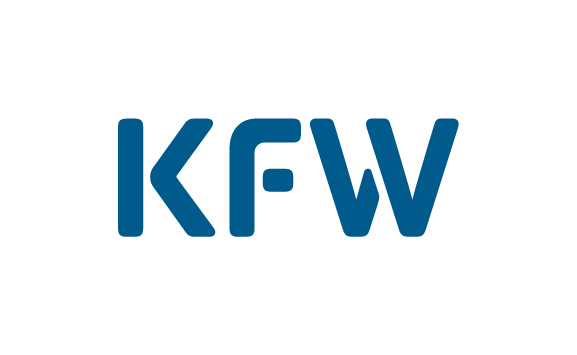 KfW Group
KfW Group -
 Rhino Recovery Fund
Rhino Recovery Fund -
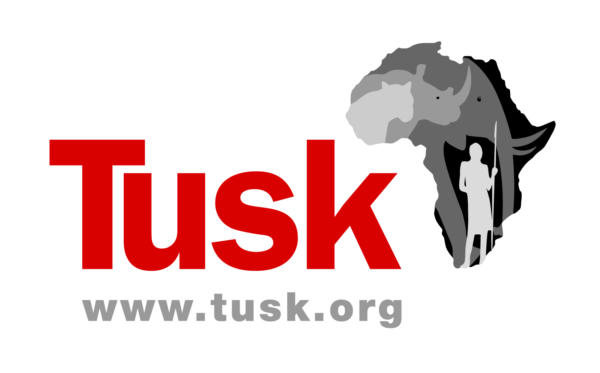 Tusk Trust
Tusk Trust -
 International Rhino Foundation
International Rhino Foundation -
 KfW
KfW
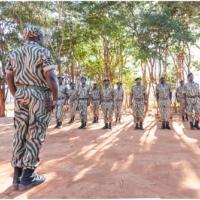
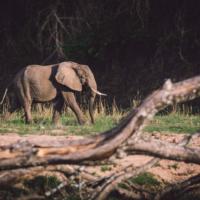
North Luangwa Conservation Program sees the lowest ever detected poached elephant carcasses across the North Luangwa ecosystem.
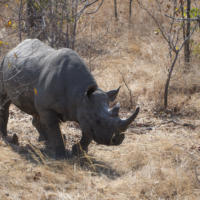
Two rhinos with ex-Zambezi genes are added to the North Luangwa population. Zero elephants poached inside North Luangwa National Park.
Rhino sanctuary re-encirclement initiated and expanded to 1,200km; REPU deployment base constructed; canine wildlife crime detection unit established; Aviat Husky surveillance aircraft purchased
Rhino and Elephant Protection Unit (REPU) established; Conservation Education Program rebranded to Lolesha Luangwa “Look after Luangwa,” and safari truck purchased for local school visits to NLNP
North Luangwa Business Plan produced
Anti-poaching vehicle fleet replaced with seven new Land Cruisers, Caterpillar Grader 140H, Rhino Yamaha Quad bikes and five Honda motorbikes purchased through GIZ grant
Founder population completed with the release of five more rhinos into NLNP; Black Rhino Management Plan completed
Five more rhinos reintroduced to NLNP; FZS and ZAWA extend partnership agreement to 2018
Claire Lewis and Ed Sayer become project leaders
Ten more rhinos reintroduced to NLNP
First black rhino calf born in NLNP
North Luangwa National Park General Management Plan completed
First five rhinos reintroduced from South Africa
Rhino reintroduction project planning and vision created for NLNP
Law enforcement database installed in NLNP
Control and command centre set up in NLNP
Government of Zambia and FZS sign agreement to jointly support NLCP until 2008
FZS is invited to join Program partnership, Elsabe Aucamp and Hugo van der Westhuizen become project leaders
NLNP Program is taken over by Zambian authorities
Major equipment purchase & delivery for NLNP; ivory trade is internationally banned
FZS provides four vehicles and one aircraft to NLNP; Zambian authorities approve building of Research Centre
FZS first provides support to North Luangwa National Park in Zambia
First engagement of FZS with Zambia Wildlife Society for public environmental education

The North Luangwa Conservation Program has built a true sense of partnership with the community living there to protect the entire North Luangwa ecosystem.






